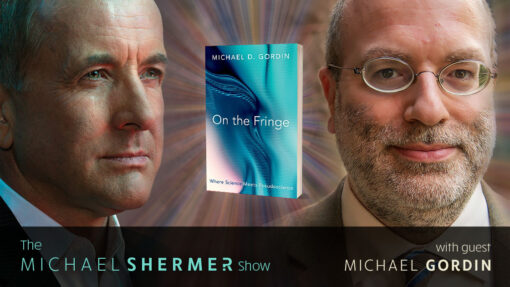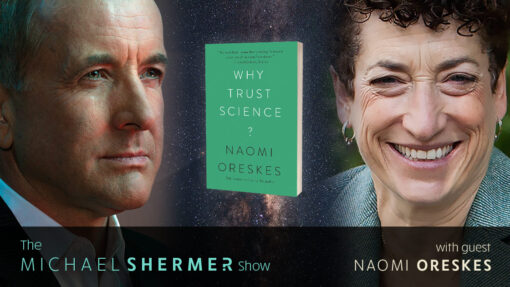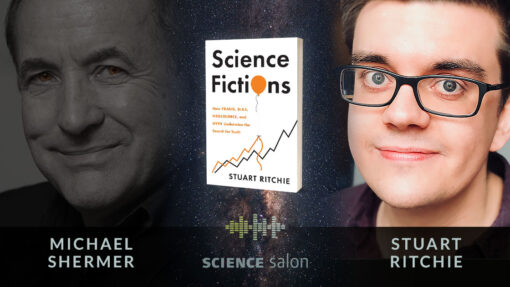scientific method

UCLA professor of sociology, Bradley Campbell, explores the tension between scientific and ideological approaches in sociology, particularly in the context of social justice efforts. It critiques critical theory’s dominance and argues for a more balanced, evidence-based approach to understanding and addressing social issues within liberal democratic frameworks.

If you search the web or look in introductory science textbooks, you will find the hypothetico-deductive (H-D) method often depicted as the scientific method. However, the H-D method is inadequate as a description of the scientific method, especially when it comes to assessing pseudoscientific or other dubious claims. An alternative to the H-D method more […]

Everyone has heard of the term “pseudoscience,” typically used to describe something that looks like science, but is somehow false, misleading, or unproven. In episode 191, Michael explores with Michael Gordin the philosophical and historical attempts to address the problem of scientific demarcation.
Everyone has heard of the term “pseudoscience,” typically used to describe something that looks like science, but is somehow false, misleading, or unproven. In episode 191, Michael explores with Michael Gordin the philosophical and historical attempts to address the problem of scientific demarcation.

In this interview, based on her landmark book, Why Trust Science?, historian of science Naomi Oreskes offers a bold and compelling defense of science, revealing why the social character of scientific knowledge is its greatest strength — and the greatest reason we can trust it. Drawing vital lessons from cases where scientists got it wrong, Oreskes shows how consensus is a crucial indicator of when a scientific matter has been settled, and when the knowledge produced is likely to be…
In episode 173 of Michael Shermer’s podcast he speaks with historian of science Naomi Oreskes about her landmark book, Why Trust Science? that offers a bold and compelling defense of science, revealing why the social character of scientific knowledge is its greatest strength — and the greatest reason we can trust it.

Science is how we understand the world. Yet failures in peer review and mistakes in statistics have rendered a shocking number of scientific studies useless — or, worse, badly misleading. Such errors have distorted our knowledge in fields as wide-ranging as medicine, physics, nutrition, education, genetics, economics, and the search for extraterrestrial life.
Dr. Michael Shermer considers the pitfalls of projecting the consequences of the pandemic for our future (the availability heuristic, the negativity bias, the difficulties of superforecasting, and the contingent nature of history). PLUS: In Science Salon # 131, Michael Shermer speaks with Stuart Ritchie his book Science Fictions: How Fraud, Bias, Negligence, and Hype Undermine the Search for Truth.

Blake Smith examines the history of pasteurization as a case study in the accretive process of invention—and reflects on the extraordinary interconnectedness necessary to push the boundaries of human accomplishment forward.
In this week’s eSkeptic we present Mikhail Simkin’s findings from a study wherein he applied a scientific approach to literature in evaluating its quality and worth. participants were asked to blindly distinguish between passages written by Charles Dickens and passages written Edward Bulwer-Lytton (the author who penned the infamous line ‘It was a dark and stormy night. ’ Is Mikhail Simkin’s scientific approach to assessing the quality of literature valid? Take our poll at the end of the article.














